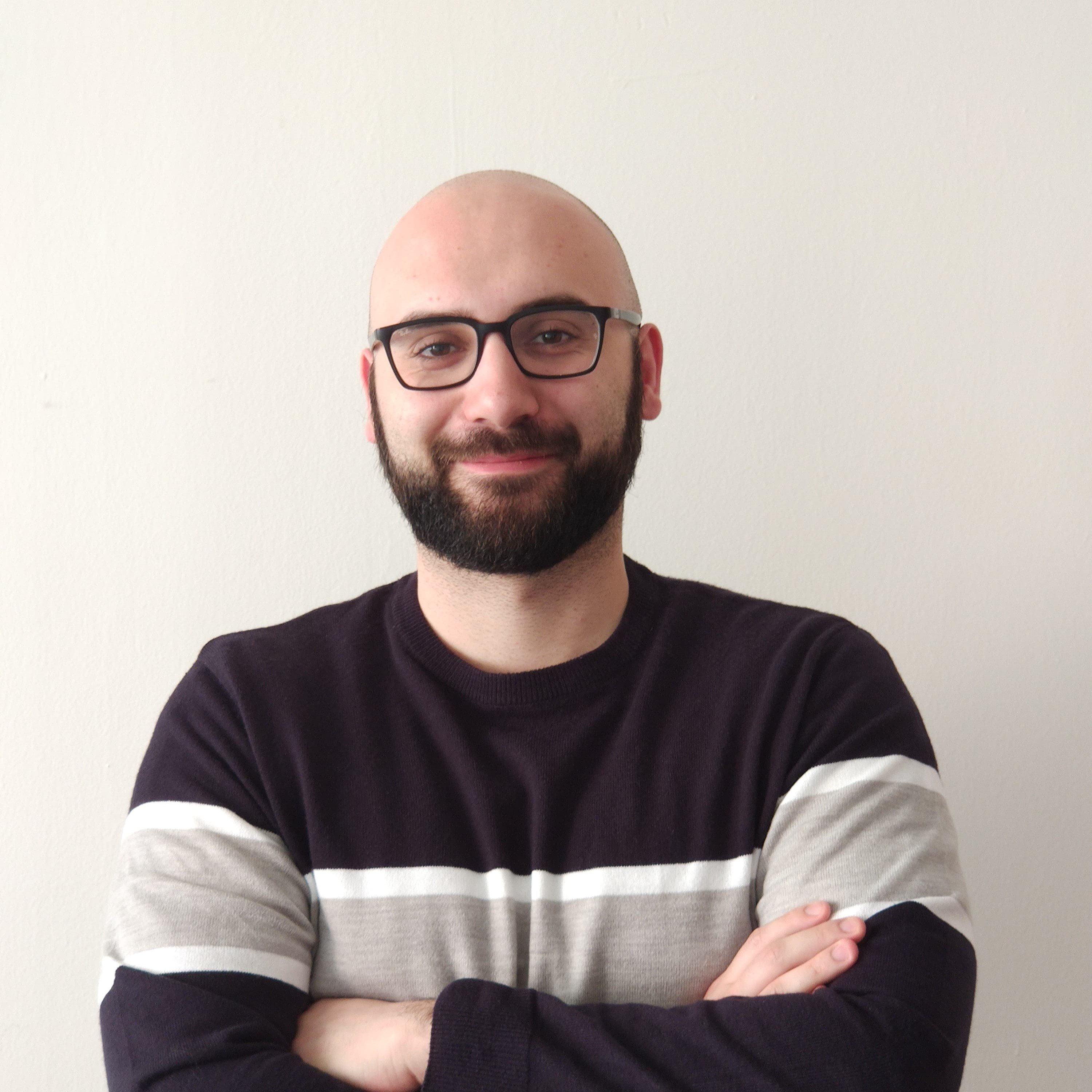Need Help?
26 April 2024
Interview with Dr. Riccardo Mandrioli—Winner of Electronics 2023 Best Ph.D. Thesis Award

We are pleased to announce the winner of the Electronics 2023 Best Ph.D. Thesis Award. This award is for a Ph.D. student or recently qualified researcher who has produced a highly anticipated thesis with impressive academic potential.
The award has been granted to “Analysis and Improvements of Four-Wire Power Converters for Electric Vehicle Chargers” by Dr. Riccardo Mandrioli, University of Bologna, Italy.
The winner will receive CHF 800, a certificate, and a chance to publish a paper free of charge after peer review in Electronics (ISSN: 2079-9292) in 2024.
We congratulate Dr. Riccardo Mandrioli on his accomplishments. We would like to take this opportunity to thank all the applicants for submitting their exceptional theses and the Award Committee for voting for and supporting this award.
Dr. Riccardo Mandrioli is currently a Tenure Track Assistant Professor (RTT) for the academic discipline ING-IND/31, Electrical Engineering, with the Department of Electrical, Electronic, and Information Engineering, University of Bologna. From November 2022 to January 2024, he was a Postdoctoral Research Fellow and Adjunct Professor, and he has also been involved as a Teaching Assistant for multiple engineering courses since 2017. In November 2023, he received the National Scientific Habilitation (ASN) for the permanent position of Associate Professor in the academic recruitment fields 09/E1, Electrical Engineering.
The following is an interview with Dr. Riccardo Mandrioli:
1. Could you please give us a brief overview of your research topic and the main objectives of your Ph.D. thesis?
Since my Ph.D. thesis I have focused on power electronic converters for charging electric vehicles (EVs) with particular reference to onboard chargers (OBC). EV chargers usually consist of two parts, active front end and isolated back end. In this way, I could focus both on AC/DC and DC/DC converters, therefore rectification and regulation of the voltage. In this field, the first works I published in MDPI were focused on four-wire inverters, because they were not studied at that time. The idea was to firstly study analytically the harmonic behavior of these converters and provide an easy and precise description that could be used by other researchers, and secondly, technical proposals capable of ensuring new improvements based on this analysis were made.
2. What motivated you to pursue this research topic, and how did you formulate your research questions?
The main motivation was connected to the benefits related to the green shift and transportation electrification. I haven’t developed a full knowledge of every aspect of electric vehicles which were already starting to boom in 2019, the year when I started my Ph.D., in fact, I wanted to focus specifically on the power electronics converters for this application. Additionally, the public body that founded my scholarship also wanted me to focus on smart power converters for electric vehicle charging.
3. How did you manage your time and prioritize your tasks during your Ph.D. program, and what strategies did you use to stay focused and motivated?
When I started my Ph.D., I and the other authors managed to submit a conference paper without experimental results. Afterwards, the lockdown closed us down and we had to stop with the experimental part, but we continued with the research and simulation remotely. In doing so we had set the base for the research for the next 2 years. After the lockdown we could proceed with the experimental work, in a few weeks we could validate what we did during the lockdown, and then we put together many papers and kept on developing the topic of four-wire inverters. The second part of my Ph.D. thesis, dealing with isolated back end, is related with the activities conducted during my 6-month visiting period at the Chair of Power Electronics at the University of Kiel in Germany under the supervision of Prof. Marco Liserre.
4. What were some of the biggest challenges you faced during your Ph.D. journey, and how did you overcome them?
The biggest challenges were mainly related to understanding what we could accomplish with our studies. As I said electric vehicle charging was booming in 2019, in fact, the topic was not entirely new and other studies were conducted around it. We didn't know if our work could cover any meaningful gap. However, with the help of my supervisor Prof. Gabriele Grandi and co-supervisor Prof. Mattia Ricco, I understood that we had the skills to fill in the gap related to harmonic analysis and optimization. So, this was the most difficult part, the beginning.
5. When and how did you discover Electronics? What prompted you to apply for this award, and what has your experience been like with Electronics?
I always had a good collaboration with Electronics and other MDPI journals in general. Regarding the award, I wanted to apply, because I knew the topic could be suitable for this award. As far as I know, other colleagues tried as well here at the University of Bologna. Ph.D. students and professors are aware of this award.
6. Finally, how do you plan to continue building on your research in the future, and what are your long-term career aspirations?
After the Ph.D., I was engaged in one year of post-doctoral research as a research fellow and adjunct professor and now I am officially a faculty member as a tenure-track assistant professor at the University of Bologna. Now, with other professors and our research group of 10 Ph.D. students, we want to shift our study to other aspects and gaps of power electronics like modularity, partial power processing, and reliability.

